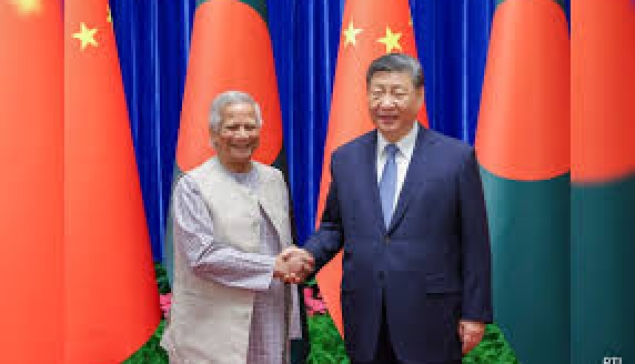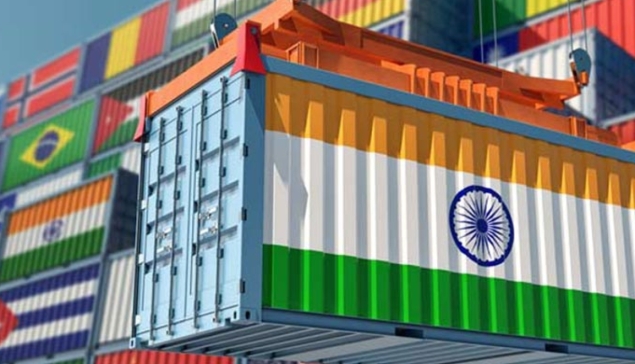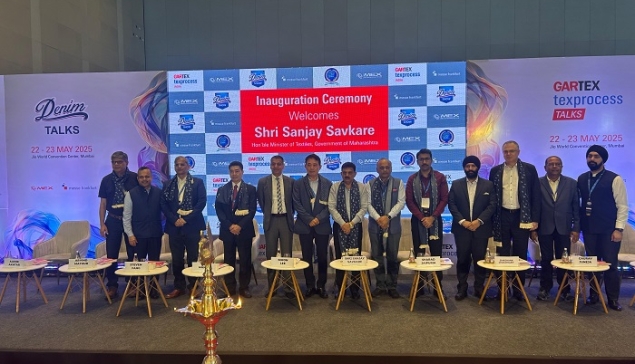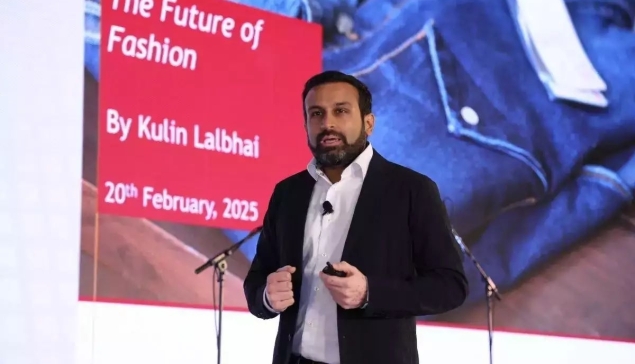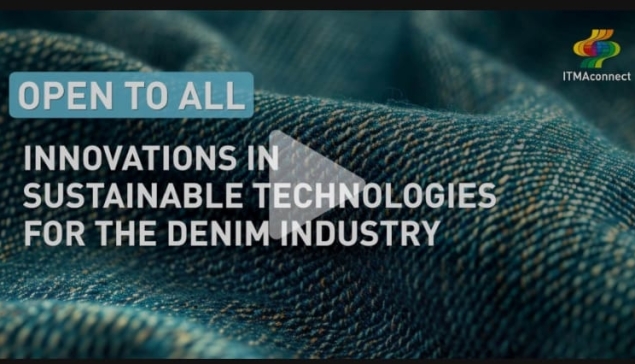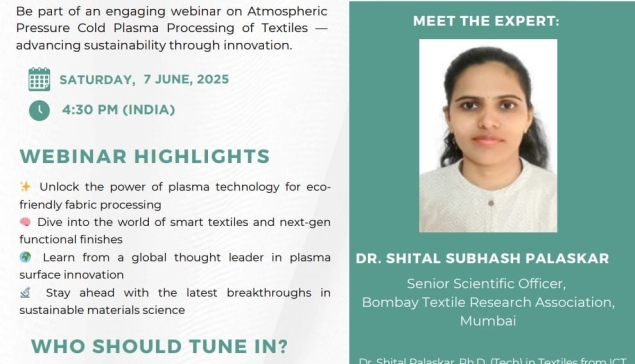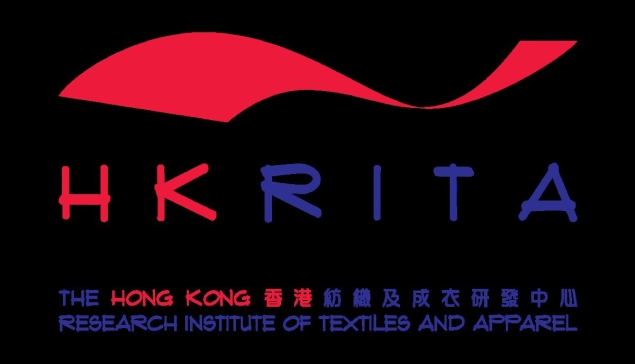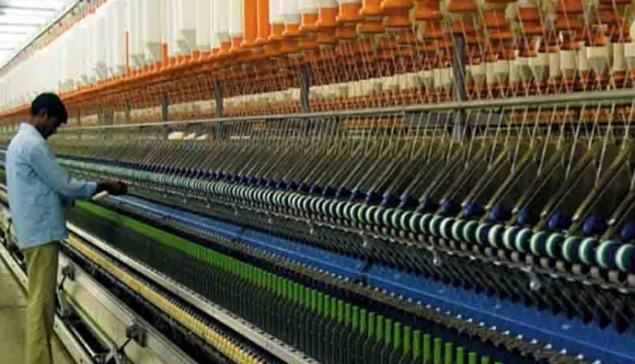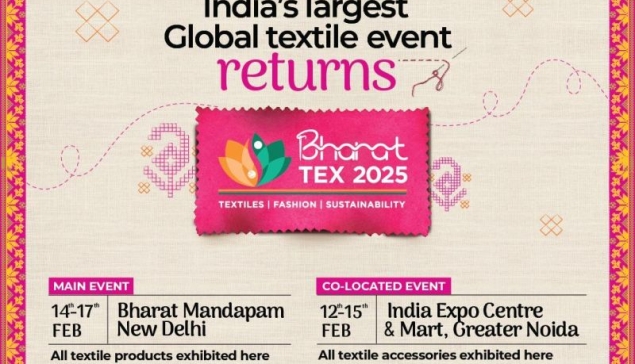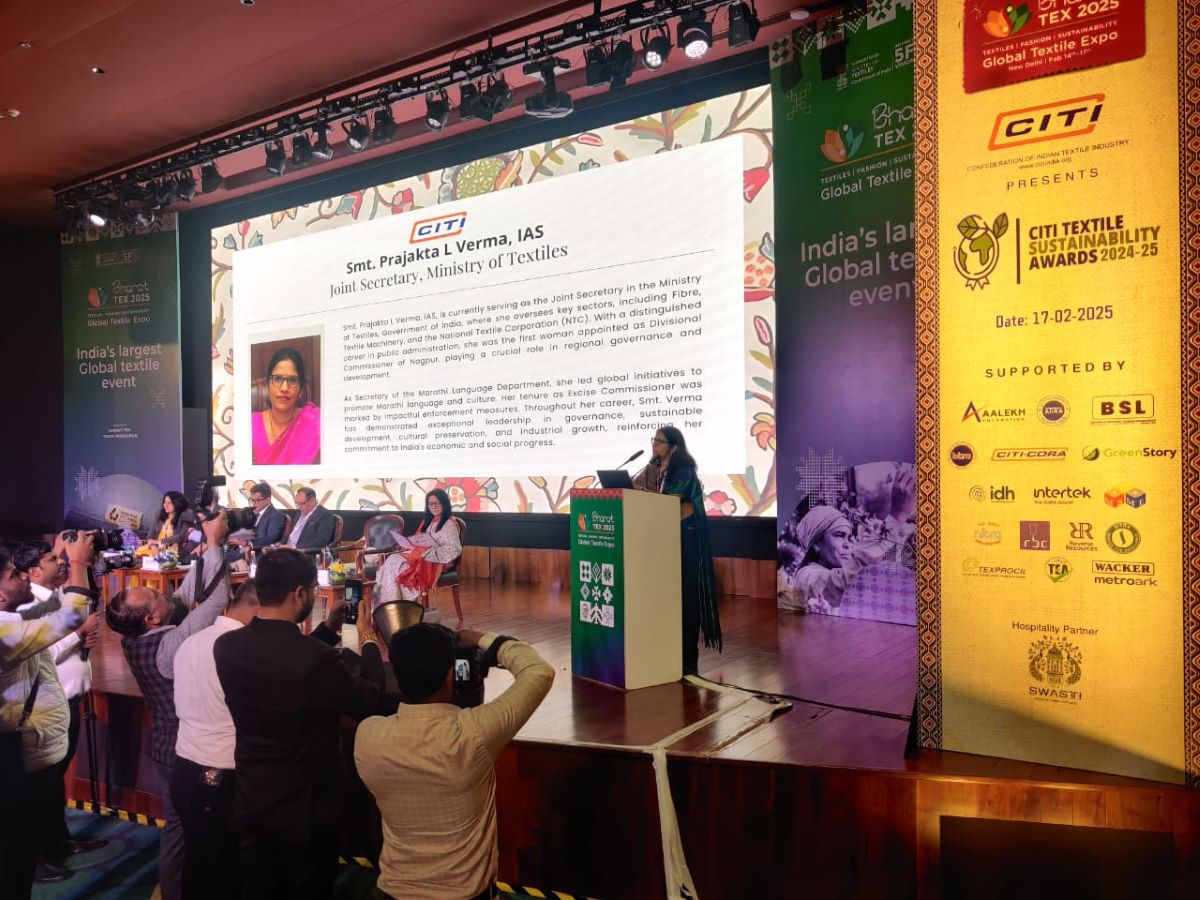Addressing the CITI Sustainability Awards 2024-25 on 17th Feb. 2025, Prajakta Verma IAS, Joint Secretary, Ministry of Textiles, stated that on behalf of the Ministry, this is the second year CITI is recognizing leaders in textile sustainability and circularity.
Our relationship with CITI began through the Textile Advisory Group, chaired by the Minister of Textiles, where stakeholders collaborated.
This led to a unique public-private partnership between the Agriculture Ministry, the Ministry of Textiles, and CITI, focusing on circularity and closed loops. I've personally witnessed CITI's grassroots work, visiting cotton farms and seeing their impact. The Prime Minister recently announced the Cotton Productivity Mission, which evolved from this collaborative effort between the ministries, CITI, and the industry.
Sustainability has become firmly established in the textile sector. Previously a best practice, it's now widely recognized, discussed, and understood, with increasing exposure. Our sustainability pavilion at Bharat Tex 2025 provides a platform to understand international trends and our progress, from startups to large corporations.
This year's pavilion focuses on waste and natural dye management, featuring startups, innovators, and award winners like the Circular Design Challenge. We aim to support young minds in sustainability, as it requires constant thought, innovation, and collaboration.
Bharat Tex facilitates this collaboration, allowing stakeholders to celebrate achievements, explore future trends, and contribute to the field.
Yesterday, at the pavilion, Panipat discussed recycled jeans, and Rakesh Mehra mentioned the cost and institutional challenges of sustainability.
Recycled jeans are gaining consumer interest, and as the jeans capital, with a cluster in Ahmedabad, we can strive to recycle them, preventing waste. Textile waste is currently handled informally, causing price fluctuations that impact recycled fiber costs. Standardizing and formalizing textile waste management will make recycled fibers more cost-competitive, benefiting consumers.
We encourage more innovators to come forward with new ideas. The Ministry of Textiles is committed to supporting this growing sustainability and circularity ecosystem.

